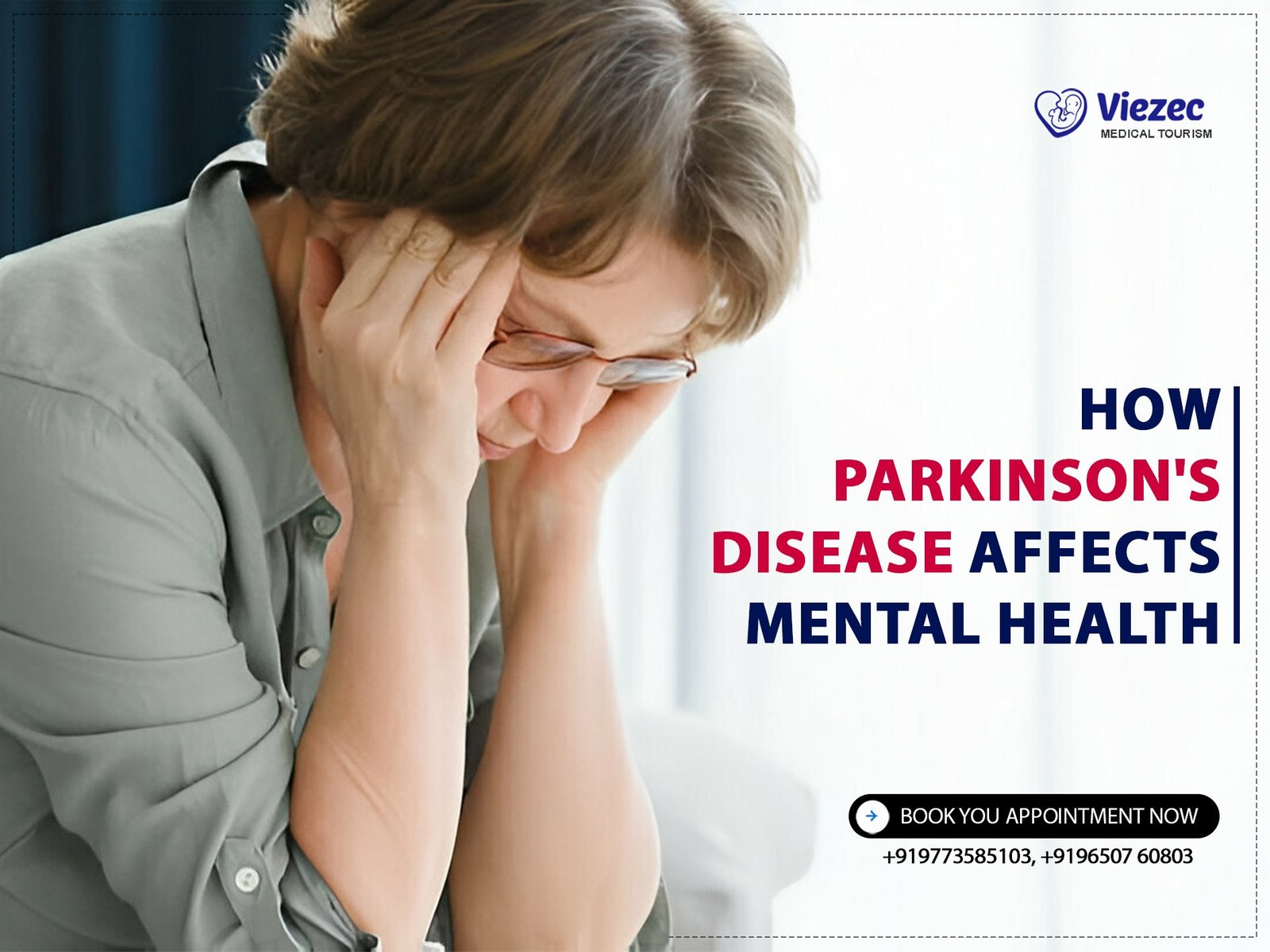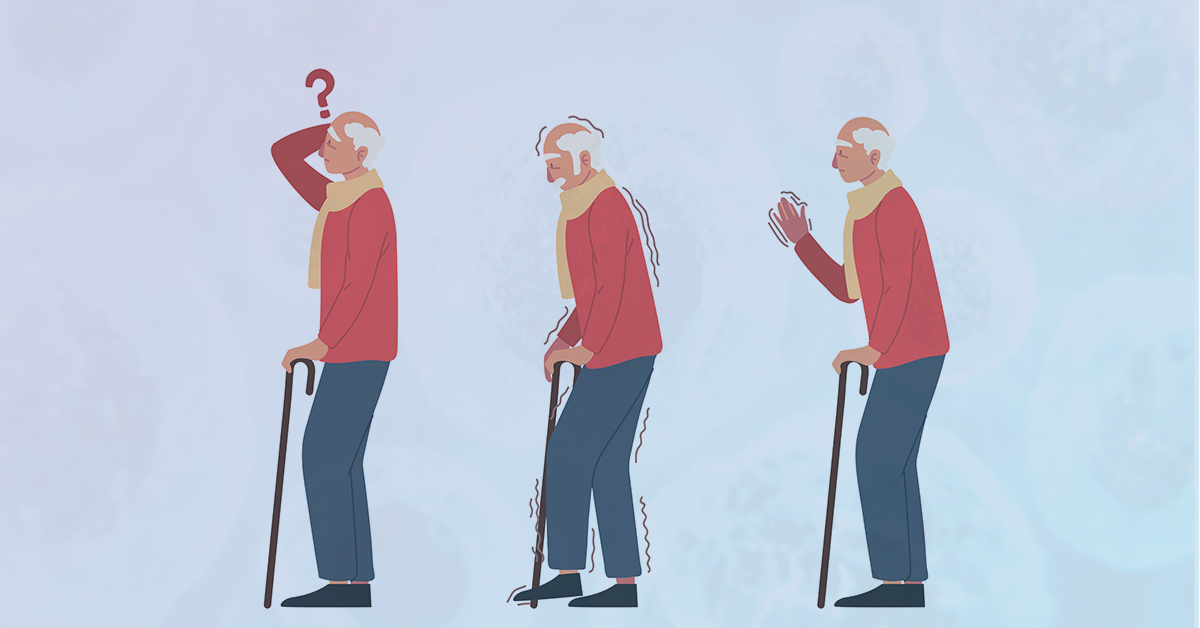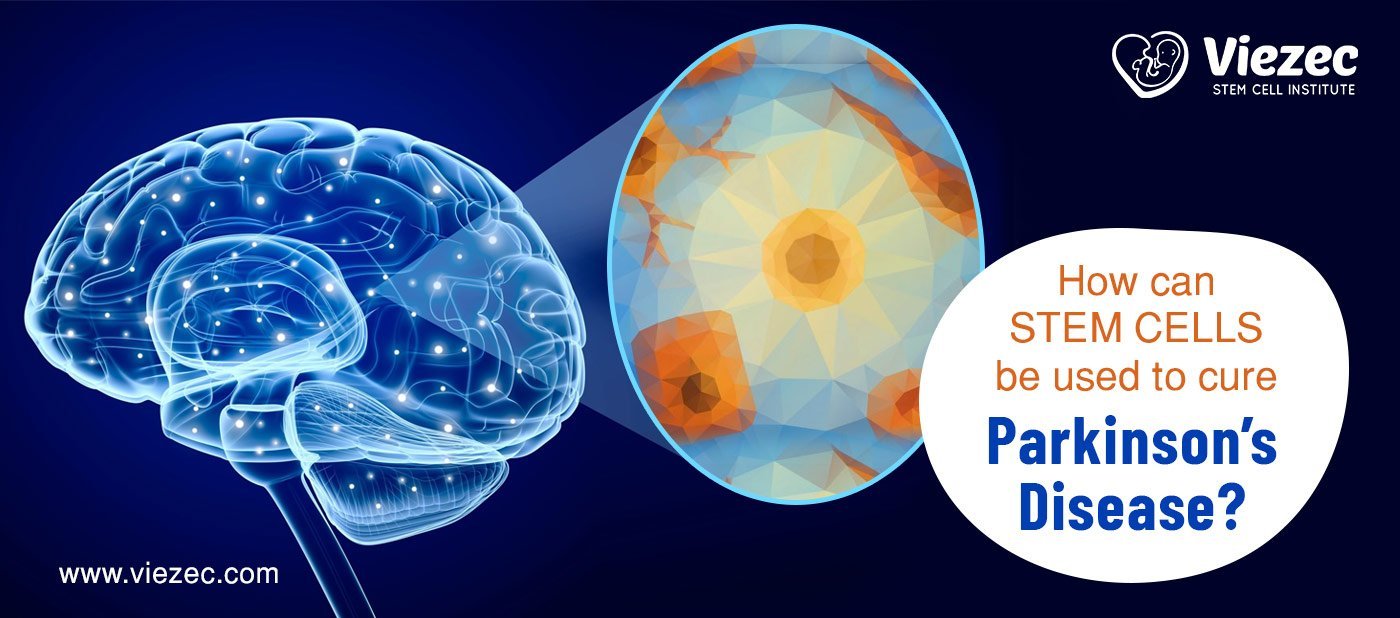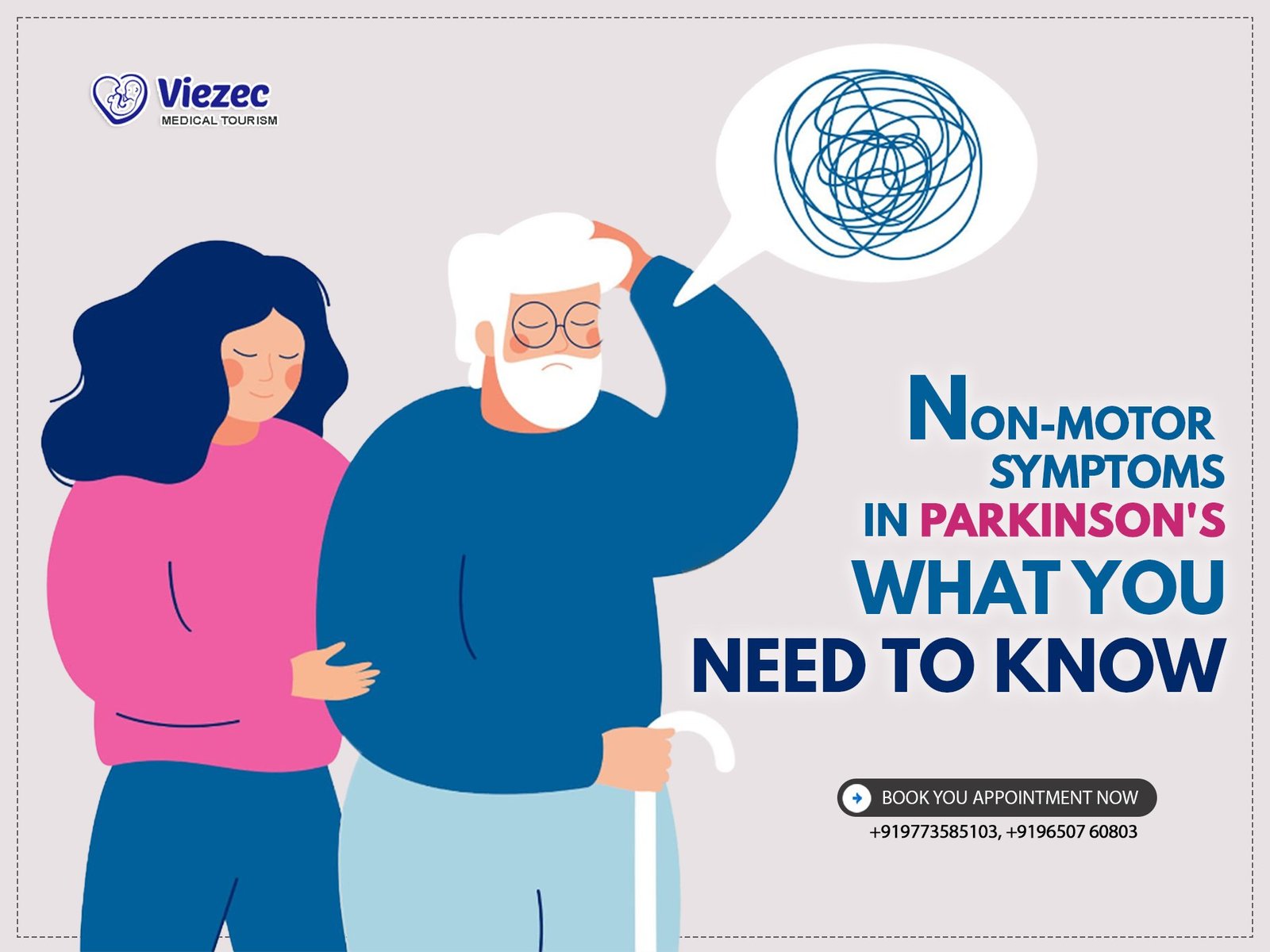Parkinson’s Disease (PD) is a progressive neurological disorder primarily characterized by motor symptoms such as tremors, rigidity, and bradykinesia. However, it also affects various non-motor functions, including cognition and mood regulation. As the disease advances, individuals often experience significant challenges beyond movement impairment.
Overview of Mental Health Impacts in Parkinson’s Patients
The impact of PD on mental health is profound and multifaceted. While motor symptoms are more conspicuous, the psychological aspects of the disease are equally debilitating. Understanding these mental health challenges is crucial for comprehensive management and improved quality of life for patients.
Neurological Basis of Parkinson’s Disease and Mental Health
Dopaminergic Dysfunction: Linking Movement and Mood
The hallmark pathology of PD involves the degeneration of dopaminergic neurons in the substantia nigra, leading to dopamine deficiency in the brain. This neurotransmitter imbalance not only contributes to motor symptoms but also influences mood regulation, resulting in depression and anxiety commonly observed in PD patients.
Neurotransmitter Imbalance and Cognitive Decline
Apart from dopamine, other neurotransmitters like serotonin and norepinephrine are also implicated in PD-related mental health issues. Disruptions in these systems contribute to cognitive decline, exacerbating symptoms such as memory loss, executive dysfunction, and even psychosis in some cases.
Psychological Manifestations of Parkinson’s Disease
Depression: Prevalence, Causes, and Management
Depression is one of the most prevalent mental health challenges in PD, affecting up to 50% of patients. The etiology of depression in PD is multifactorial, involving biological, psychological, and social factors. Proper identification and management of depression are essential to enhance overall well-being in PD patients.
Anxiety and Panic Disorders in Parkinson’s Patients
Anxiety disorders, including generalized anxiety, phobias, and panic attacks, are common comorbidities in PD. The uncertainty of living with a progressive neurological condition, coupled with changes in brain chemistry, predisposes individuals to heightened anxiety levels. Addressing anxiety is crucial for improving patients’ quality of life and functional outcomes.
Psychosis: Hallucinations and Delusions
Psychosis, characterized by hallucinations and delusions, can occur in advanced stages of PD, particularly in older patients. Dopaminergic medications and disease progression contribute to the development of psychotic symptoms. Managing psychosis requires a delicate balance between controlling motor symptoms and minimizing psychiatric side effects.
Cognitive Impairment and Parkinson’s Disease
Mild Cognitive Impairment (MCI) in Parkinson’s
Mild Cognitive Impairment (MCI) is common in PD, affecting up to 25% of patients at the time of diagnosis and nearly 80% over the disease course. MCI represents an intermediate stage between normal aging and dementia and significantly impacts daily functioning and quality of life.
Dementia Associated with Parkinson’s Disease (PDD)
Dementia, a severe form of cognitive impairment, occurs in approximately 30% of PD patients within ten years of diagnosis. PDD is characterized by progressive decline in memory, language, and executive function, leading to significant disability and dependency on caregivers.
Executive Dysfunction and Memory Issues
Executive dysfunction, including difficulties with planning, decision-making, and problem-solving, is a hallmark feature of cognitive impairment in PD. Memory deficits, although less prominent than in Alzheimer’s disease, can also significantly impact daily activities and social interactions.
Impact of Parkinson’s Disease on Quality of Life
Social Isolation and Loneliness
The progressive nature of PD, coupled with motor and cognitive decline, often leads to social isolation and feelings of loneliness in affected individuals. Stigma and misconceptions surrounding the disease further exacerbate social withdrawal, affecting emotional well-being and overall quality of life.
Loss of Independence and Functional Decline
As PD advances, individuals may experience a gradual loss of independence and functional decline, necessitating increased assistance with daily activities. The loss of autonomy can be distressing for patients and caregivers alike, highlighting the importance of early intervention and support services.
Financial Burden and Caregiver Stress
Managing PD, particularly in its later stages, imposes a significant financial burden on patients and their families. Expenses related to medications, assistive devices, and long-term care often strain household finances. Moreover, caregivers shoulder immense physical, emotional, and financial responsibilities, leading to high levels of stress and burnout.
Treatment Approaches for Mental Health in Parkinson’s
Pharmacological Interventions: Antidepressants, Anxiolytics, and Antipsychotics
Pharmacotherapy plays a central role in managing mental health symptoms in PD. Antidepressants, such as selective serotonin reuptake inhibitors (SSRIs) and tricyclic antidepressants (TCAs), are commonly prescribed to alleviate depression and anxiety. Anxiolytics and low-dose antipsychotics may also be utilized cautiously to manage anxiety and psychosis, respectively.
Psychotherapy: Cognitive Behavioral Therapy (CBT) and Support Groups
Psychotherapeutic interventions, including Cognitive Behavioral Therapy (CBT) and support groups, offer valuable adjunctive treatments for PD-related mental health issues. CBT helps individuals identify and modify negative thought patterns and behaviors, while support groups provide a sense of community and emotional validation.
Exercise and Physical Activity: Improving Mood and Cognitive Function
Regular exercise and physical activity have emerged as promising non-pharmacological interventions for managing both motor and non-motor symptoms of PD. Exercise not only improves mobility and balance but also enhances mood, cognition, and overall quality of life in PD patients.
Challenges in Diagnosing Mental Health Issues in Parkinson’s
Overlapping Symptoms: Distinguishing Depression from Parkinsonian Apathy
The overlap in symptoms between PD and psychiatric disorders, such as depression and apathy, poses challenges in accurate diagnosis and management. Distinguishing between primary psychiatric symptoms and secondary manifestations of PD requires a comprehensive evaluation by multidisciplinary teams.
Communication Barriers: Expressive and Receptive Challenges
Communication difficulties, including impaired speech and language processing, further complicate the assessment of mental health issues in PD. Patients may struggle to articulate their emotional experiences, while caregivers and healthcare providers may misinterpret symptoms, leading to underdiagnosis and inadequate treatment.
Caregiver Perspectives and Mental Health Support
Caregiver Burnout: Recognizing and Addressing Stress
Caregivers of PD patients face unique challenges, including emotional strain, physical exhaustion, and social isolation. Recognizing caregiver burnout is essential for implementing support measures and interventions to alleviate stress and enhance coping strategies.
Resources for Caregivers: Support Groups, Respite Care, and Counseling
Access to supportive resources, such as caregiver support groups, respite care services, and counseling, is critical for promoting caregiver well-being and resilience. These interventions provide opportunities for education, emotional support, and self-care, ultimately improving the quality of care for PD patients.
Research Advances and Future Directions
Novel Therapeutic Targets: Deep Brain Stimulation (DBS) and Gene Therapy
Recent advancements in Parkinson’s research have led to the exploration of innovative therapeutic targets, including deep brain stimulation (DBS) and gene therapy. DBS involves the implantation of electrodes into specific areas of the brain to modulate abnormal neuronal activity, offering significant benefits for motor symptoms. However, studies also suggest that DBS may have positive effects on mood and cognition, highlighting its potential as a treatment option for addressing both motor and mental symptoms of Parkinson’s disease.
Gene therapy, another promising avenue of research, aims to modify dysfunctional genes associated with Parkinson’s disease. By targeting the underlying genetic mechanisms of the disease, gene therapy holds the potential to not only alleviate motor symptoms but also mitigate the neurodegenerative processes that contribute to cognitive decline and psychiatric manifestations. While still in the experimental stages, these advancements represent a hopeful outlook for the future of Parkinson’s treatment and its impact on mental health.
Precision Medicine Approaches: Tailoring Treatments to Individual Symptoms
One of the challenges in managing Parkinson’s disease is its heterogeneity – no two patients experience the exact same combination of symptoms. Precision medicine approaches seek to address this variability by tailoring treatments to individual symptoms and genetic profiles. By identifying specific biomarkers associated with cognitive impairment, depression, anxiety, and other psychiatric symptoms, clinicians can develop personalized treatment plans that target both motor and mental aspects of the disease.
The emergence of biomarker-based diagnostic tools, such as neuroimaging techniques and genetic testing, allows for earlier detection of cognitive dysfunction and psychiatric complications in Parkinson’s patients. This early intervention not only improves treatment outcomes but also enhances overall quality of life by addressing mental health issues proactively. As precision medicine continues to evolve, it holds great promise for optimizing therapeutic strategies and minimizing the burden of Parkinson’s disease on mental well-being.
Holistic Management of Parkinson’s Disease and Mental Health
Multidisciplinary Care Teams: Collaboration between Neurologists, Psychiatrists, and Therapists
Effective management of Parkinson’s disease requires a multidisciplinary approach that goes beyond addressing physical symptoms alone. Collaboration between neurologists, psychiatrists, therapists, and other healthcare professionals is essential for providing comprehensive care that encompasses both motor and mental health aspects of the disease.
Neurologists play a central role in diagnosing and managing the motor symptoms of Parkinson’s disease, while psychiatrists specialize in addressing the psychiatric manifestations, such as depression, anxiety, and psychosis. Therapists, including psychologists and social workers, offer invaluable support through counseling, cognitive-behavioral therapy, and psychosocial interventions aimed at improving coping mechanisms and enhancing emotional well-being.
By working together as a cohesive team, healthcare providers can tailor treatment plans to address the unique needs and challenges faced by Parkinson’s patients, promoting better symptom management and overall quality of life. This collaborative approach also fosters a supportive environment where patients feel heard, understood, and empowered to actively participate in their own care.
Lifestyle Modifications: Diet, Sleep, and Stress Management for Overall Well-being
In addition to medical interventions, lifestyle modifications play a significant role in managing Parkinson’s disease and supporting mental health. A healthy diet rich in antioxidants, vitamins, and minerals can help reduce inflammation, oxidative stress, and neurodegeneration associated with Parkinson’s.
Regular exercise, particularly activities that improve balance, flexibility, and cardiovascular health, not only enhances physical function but also has mood-boosting effects, alleviating symptoms of depression and anxiety. Adequate sleep is essential for cognitive function, emotional regulation, and overall well-being, making it imperative for Parkinson’s patients to prioritize good sleep hygiene and address any sleep disturbances promptly.
Stress management techniques, such as mindfulness meditation, deep breathing exercises, and relaxation therapies, can help mitigate the psychological impact of living with a chronic illness like Parkinson’s. By incorporating these lifestyle modifications into daily routines, patients can optimize their mental and physical health outcomes, enhancing their resilience and quality of life in the face of Parkinson’s disease.
FAQs
How common are psychiatric symptoms in Parkinson’s disease?
Psychiatric symptoms, including depression, anxiety, apathy, and psychosis, are highly prevalent in Parkinson’s disease, affecting up to 50% of patients at some point during the course of the illness. These symptoms can significantly impact quality of life and may even precede the onset of motor symptoms in some cases.
Are there any non-pharmacological treatments for psychiatric symptoms in Parkinson’s disease?
Yes, non-pharmacological treatments, such as psychotherapy, cognitive-behavioral therapy, and exercise-based interventions, have been shown to be effective in managing psychiatric symptoms in Parkinson’s disease. These approaches focus on improving coping skills, enhancing emotional resilience, and promoting overall well-being.
What role do caregivers play in supporting the mental health of Parkinson’s patients?
Caregivers play a crucial role in providing emotional support, assistance with activities of daily living, and facilitating access to healthcare services for Parkinson’s patients. By offering empathy, encouragement, and practical assistance, caregivers contribute to the mental well-being and overall quality of life of individuals living with Parkinson’s disease.
For more information on Parkinson’s disease, its impact on mental health, and available support resources, visit us online or consult with a healthcare professional specializing in movement disorders and neuropsychiatry.











